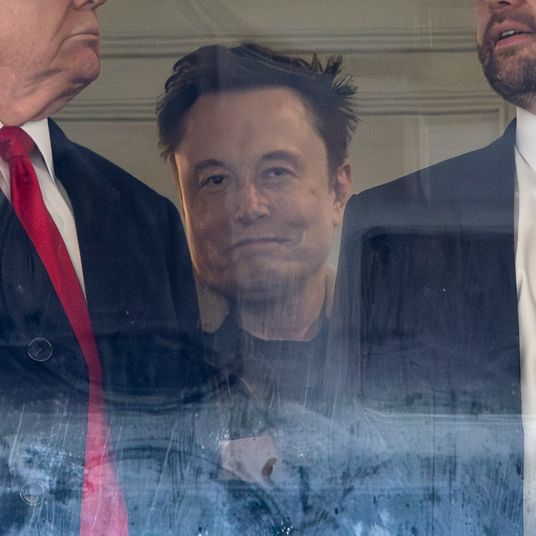
In an interview with the New York Times, 83-year-old Supreme Court Justice Stephen Breyer for the first time publicly acknowledged that it’s not evil to consider his likely replacement in determining if and when he should retire. That’s the good news for progressives fretting that he will screw around until a Republican is in the White House and we wind up with a Court on which Amy Coney Barrett is what passes for a “moderate.” The bad news is that it’s unclear how high a priority Breyer will actually place on the identity of the president appointing a successor and the nature of the Senate chamber that would be responsible for confirming the new justice. “There are many things that go into a retirement decision,” quoth he.
Breyer makes it clear he would prefer not to die in his judicial robes, so to speak. And he does acknowledge — interestingly enough, via quotes from conservative justices William Rehnquist and Antonin Scalia — that there is nothing scandalously political about timing a retirement in order to preserve one’s own jurisprudential legacy.
He went on to say some dubious things about the unpredictability of justices by way of claiming nobody knows if a given nominee to the Court will be fish or fowl (the conservative Federalist Society that plays a crucial role in vetting Republican judicial appointees would beg to differ) and clearly doesn’t like being labeled a “liberal,” which he appears to regard as an effort to limit his and his colleagues’ sovereign independence:
“Didn’t one of the most conservative — quote — members join with the others in the gay rights case?” he asked in the interview, referring to Justice Neil M. Gorsuch’s majority opinion last year ruling that a landmark civil rights law protects gay and transgender workers from workplace discrimination.
As Breyer is undoubtedly aware, Gorsuch’s “surprise” opinion in Bostock v. Clayton County was based on his faithful application of Scalia’s “originalist” approach to statutory interpretation, not some heretically liberal appreciation for the constitutional rights of previously marginalized citizens. Sure, the pace of change initiated by the Court when its composition is changed can be gradual and at any given moment even imperceptible, but it is real nonetheless, particularly now that nominee vetting has become more of a science than an art.
In any event, Breyer does not seem to harbor the kind of anger at those wanting him to retire when an appropriate successor can be nominated and confirmed that some feared might lead him to a stubborn refusal to retire until he is literally incapable of serving. But his idea of the right time to give those who share his approach to the Constitution a chance to place a like-minded jurist on the Court may not be terribly comforting. Even if he wants to give Joe Biden a Court appointment, control of the Senate is in play in 2022, and anyone who thinks Mitch McConnell would not sit on a Court opening for a full two years until after the next presidential election hasn’t been paying attention. If Breyer doesn’t step down by the end of the next Supreme Court term, the Court may have to get by with eight Justices until 2025. It’s another reason, if Democrats need one, that while their odds of maintaining control of the House in 2022 are low, the Senate landscape is better, and they’d better take advantage of it.






























